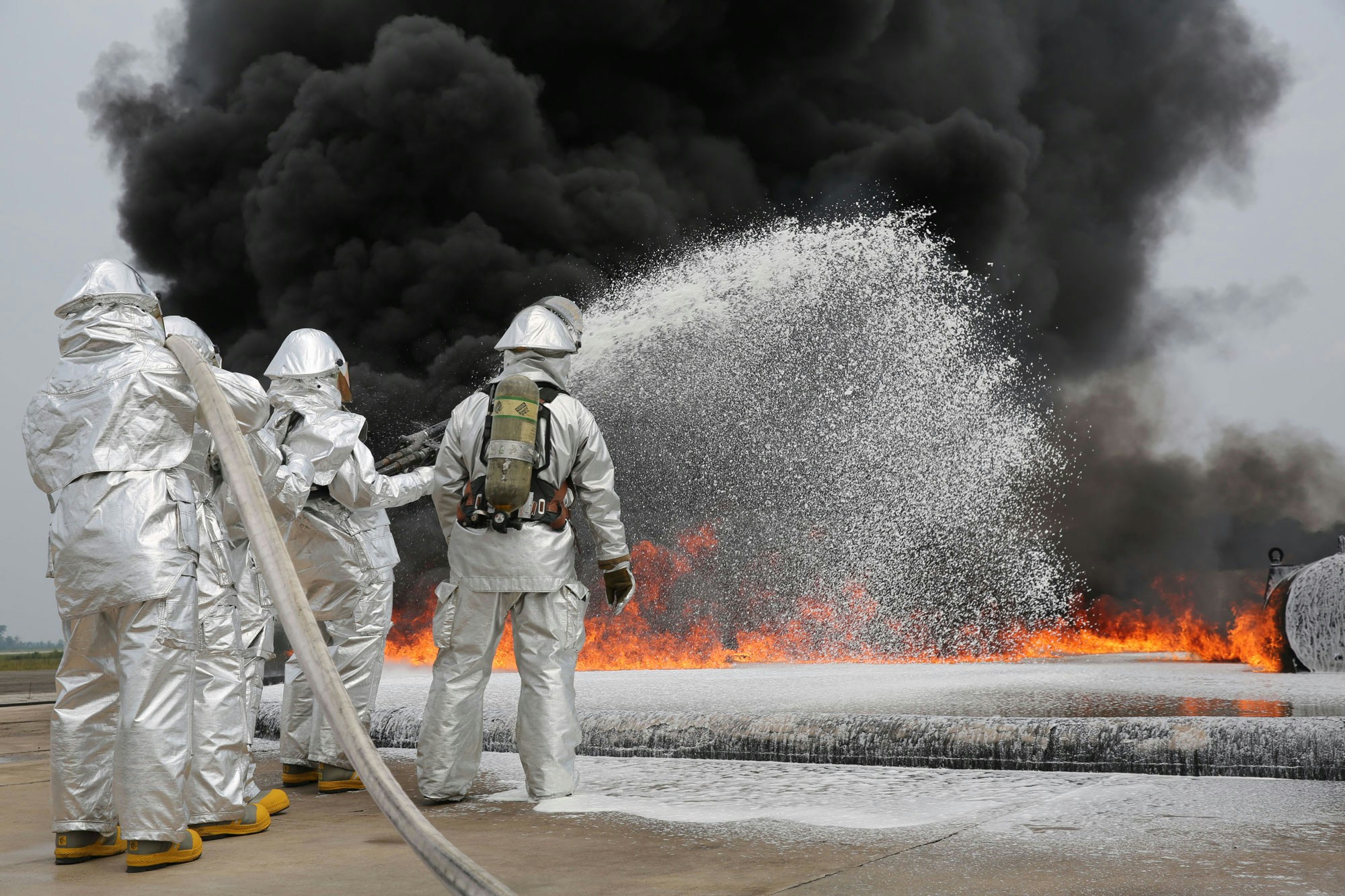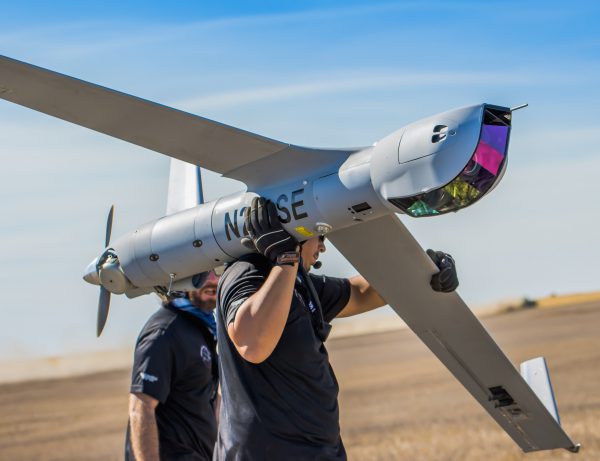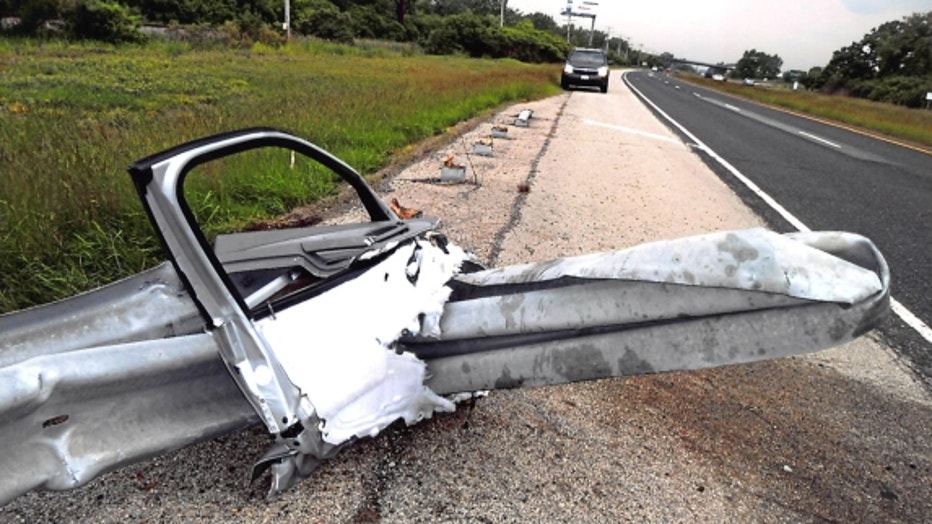 Three Adobe employees filed False Claims Act lawsuits exposing the scheme and will share a $555K whistleblower reward.
Three Adobe employees filed False Claims Act lawsuits exposing the scheme and will share a $555K whistleblower reward.
Adobe Inc. (NASDAQ: ADBE) has agreed to pay $3 million to resolve allegations that it violated the False Claims Act by paying illegal kickbacks to software-reseller partners in return for their promotion of the company’s products to government customers.
The U.S. government was fraudulently tricked into purchasing unnecessary software licenses, the U.S. Department of Justice alleged. It was also allegedly deceived into purchasing software bundles containing applications it never requested, and fraudulently billed for software licenses for the personal use of government employees on their home computers.
 The Whistleblower & Anti-Fraud Blog
The Whistleblower & Anti-Fraud Blog



 compliance with cybersecurity standards
compliance with cybersecurity standards
 uit Court of Appeals has affirmed that false statements regarding eligibility to take part in government programs—and not just subsequent false claims for payment after being allowed to participate—are actionable under the
uit Court of Appeals has affirmed that false statements regarding eligibility to take part in government programs—and not just subsequent false claims for payment after being allowed to participate—are actionable under the  ed to
ed to 